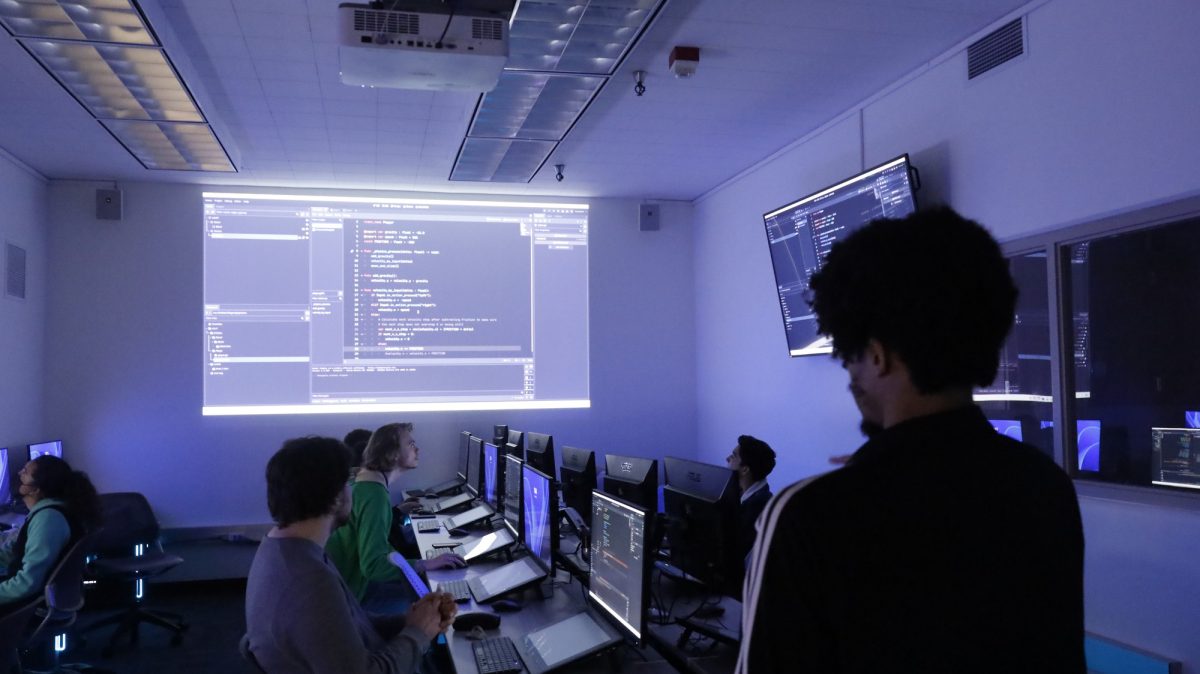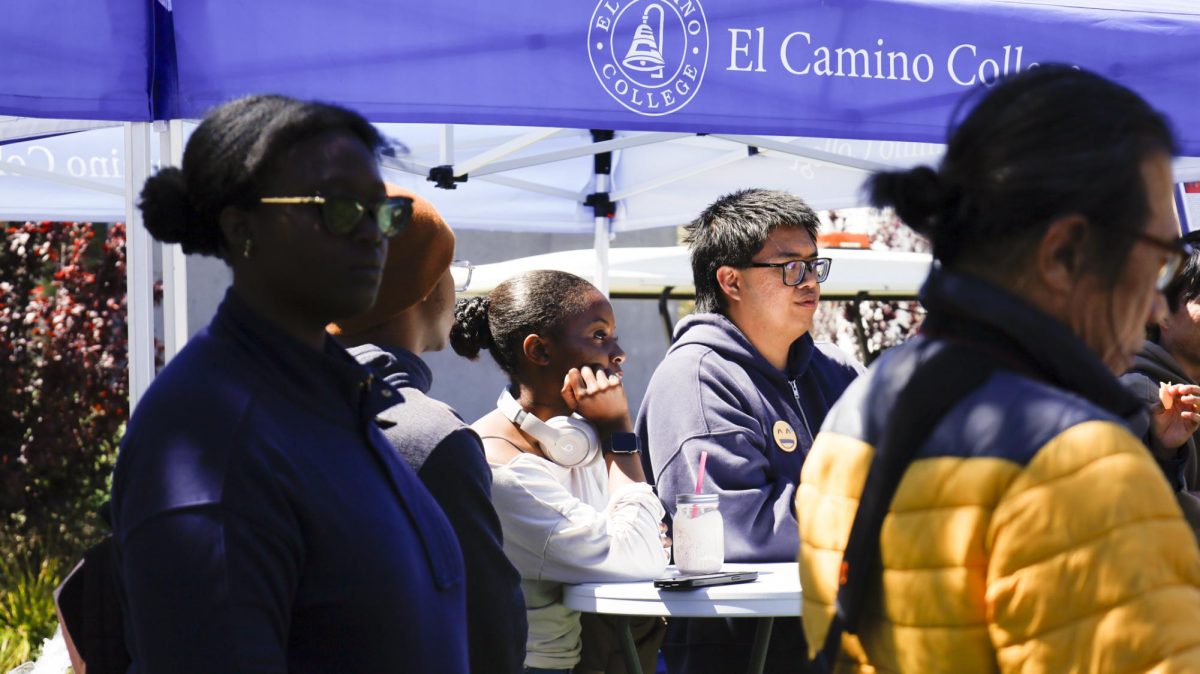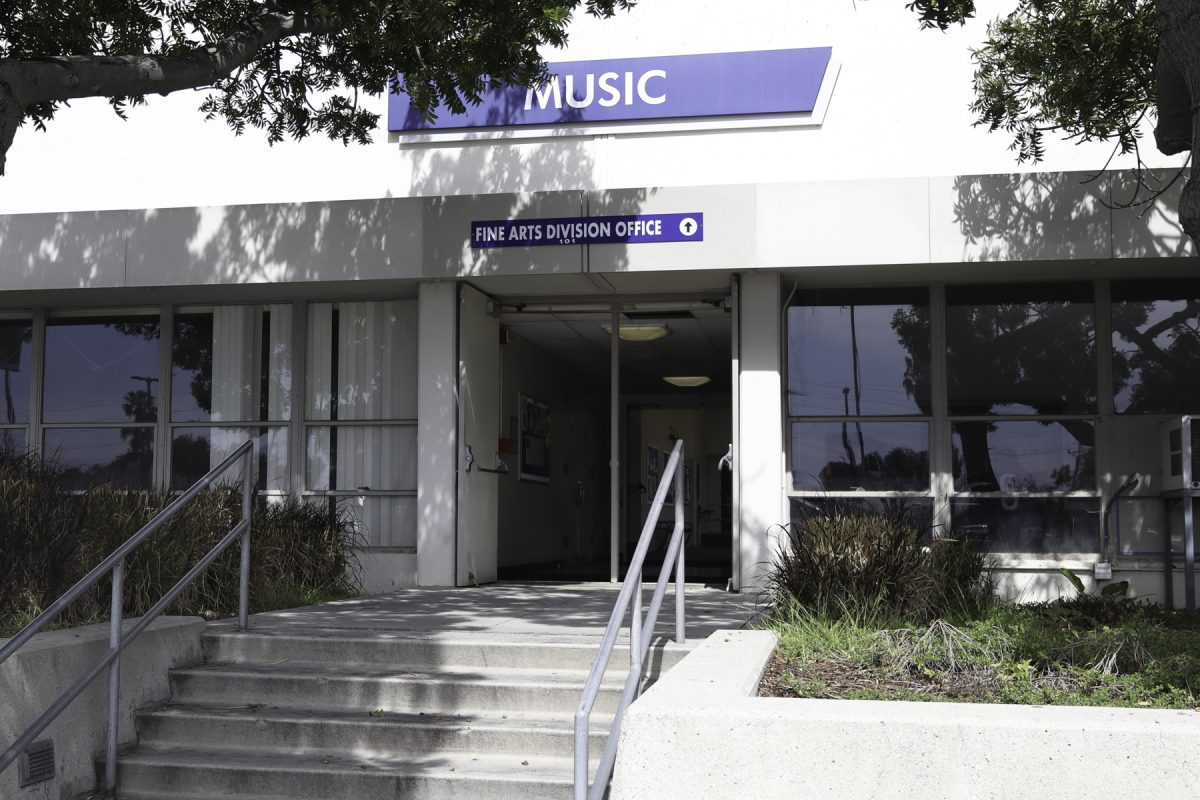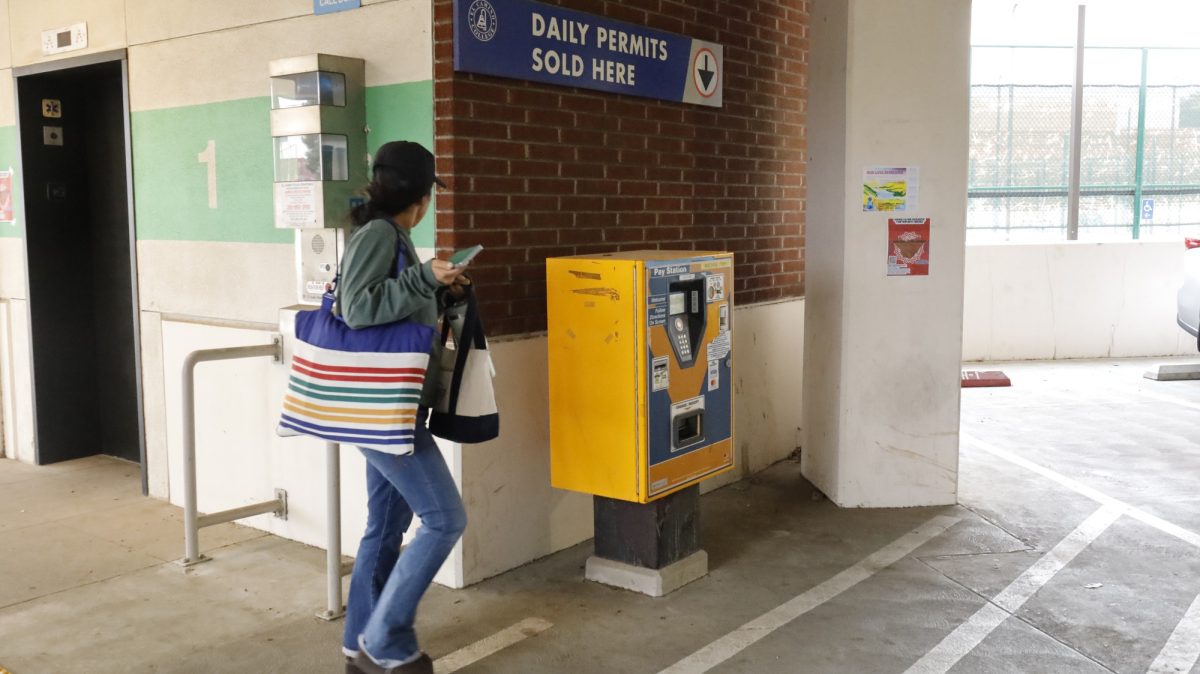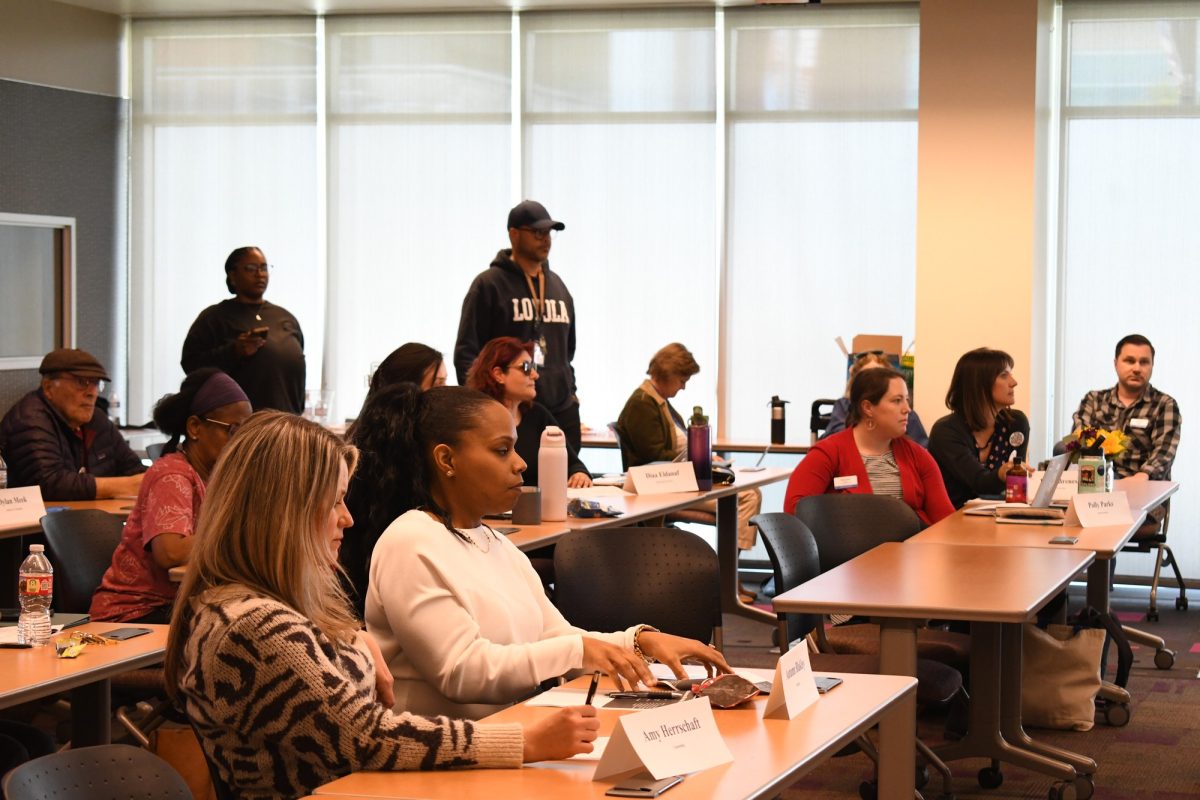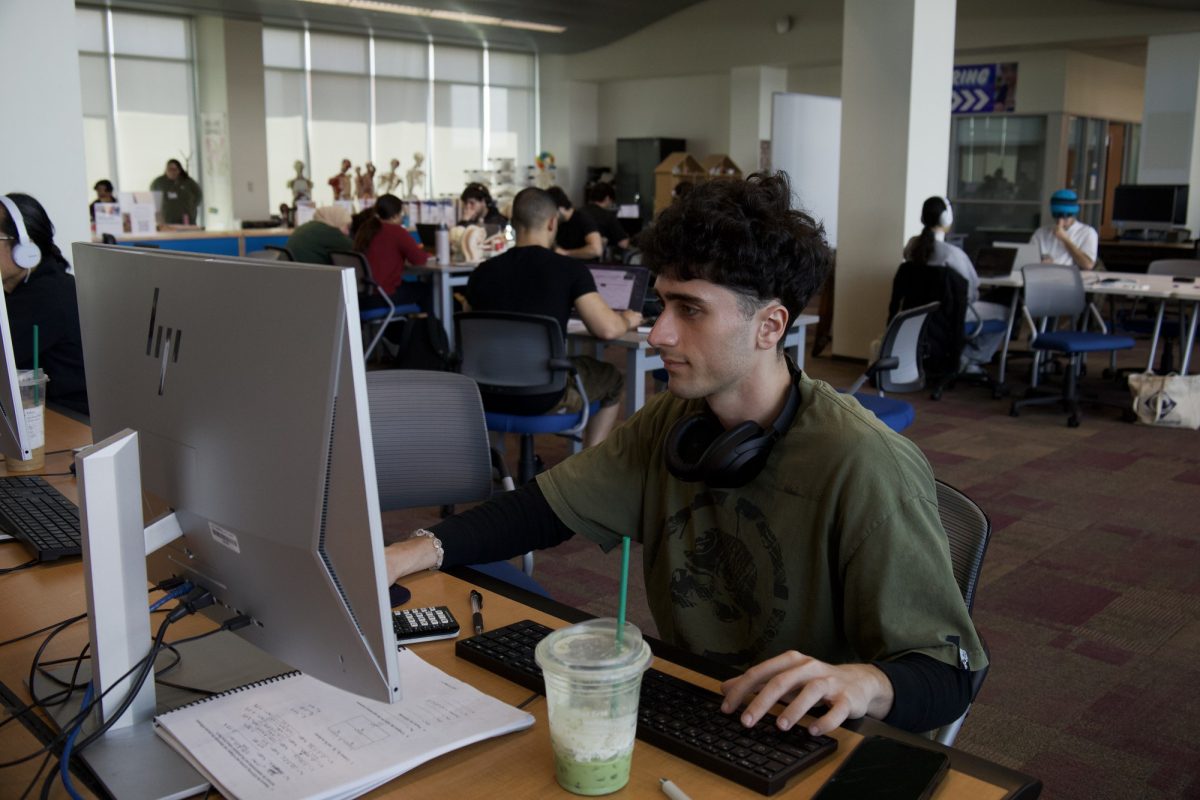First-year member Milad Hassani was nervous entering his first tournament, so nervous he was hoping to fail one of the two tournaments he was entered in so he could put more attention on the other.
“He was nervous about being doubly entered and wanted to have enough time for each competition, but we were there to support him,” team president Stephanie Rhodes said.
As it turns out, he did pretty well.
Following a third-place ranking at Azusa Cougar Classic on Oct. 18-19, the forensics team went to the Watson Lancer Invitational in Pasadena City College and Hissani teamed with Andrew Gonzales to win first place in their novice, or first-year member, division.
“Milad was great. He had half an hour to prepare a speech on a political question and he did really well,” said Mark Crossman, forensic adviser, about Hassani’s performance at Azusa,.
In the individual events at Azusa, Hassani was a finalist in extemporaneous and impromptu speech in the novice category. John Suzuki, junior or second-year member, was also a finalist in extemporaneous and impromptu. Tamsen Francis, senior or third-year member, won in extemporaneous speech. In debate Gonzales, Hassani and Corey Turpin Alexandria LaRue were finalists.
“Having different strengths really helped my partner and I work efficiently,” Hassani said about how they were able to prove the validity of their arguments, verbally and logically.
“My partner and I complement each other very well. He gives me the information and I am able to speak about it. He has the knowledge to from the past to back it up so that no one can say it was simply an assertion,” Hassani said.
Following their strong performance at Azusa, Hassani and the rest of the forensics team won first place honors by its novice members, Hassani,(individual, debate) Gonzales(debate), Jason Elephson and Chris Murphy.
Because of the team’s success, many members are being promoted up to the next division, the junior level, including: Ellephson and Murphy (duo champions); Daisy Kim (impromptu finalist); Turpin (impromptu finalist); Rhodes, second place (extemporaneous); Larue, semi-finalists.
“We have very talented members in our novice, junior and senior divisions this year.
For the next tournament, I’m looking forward to making my partnership stronger and I think, we’re going to learn a lot more at the junior level,” Hassani said
Debating against teams from universities like UC Berkeley and UC Davis, the forensics team was able to experience competition at a higher level. Rhodes and Gonzales said that it was exciting for the team’s competitive spirit and intellect to be challenged.
“What really helps us compete is our sense of camaraderie. There were some members who didn’t even compete, but who were there to support us,” Rhodes said.
Hassani’s teaming with Gonzales was an experimental approach attempted by Francesca Bishop, forensics advisers, so the results were completely unexpected.
“Usually you want two people to have different strengths so they could balance each other out,” Bishop said in explanation of the hit-and-miss procedure of grouping members.
In both tournaments, the team placed third overall among the major universities and junior colleges that competed against them.
“It is for the very most part a new team. They demonstrated a lot of potential. Even for those teams that did not make it into elimination rounds had very good preliminary round records. It’s a really good sign for the rest of the year, ” Crossman said.


